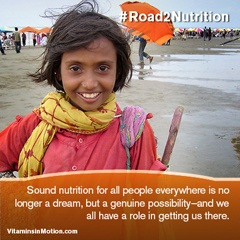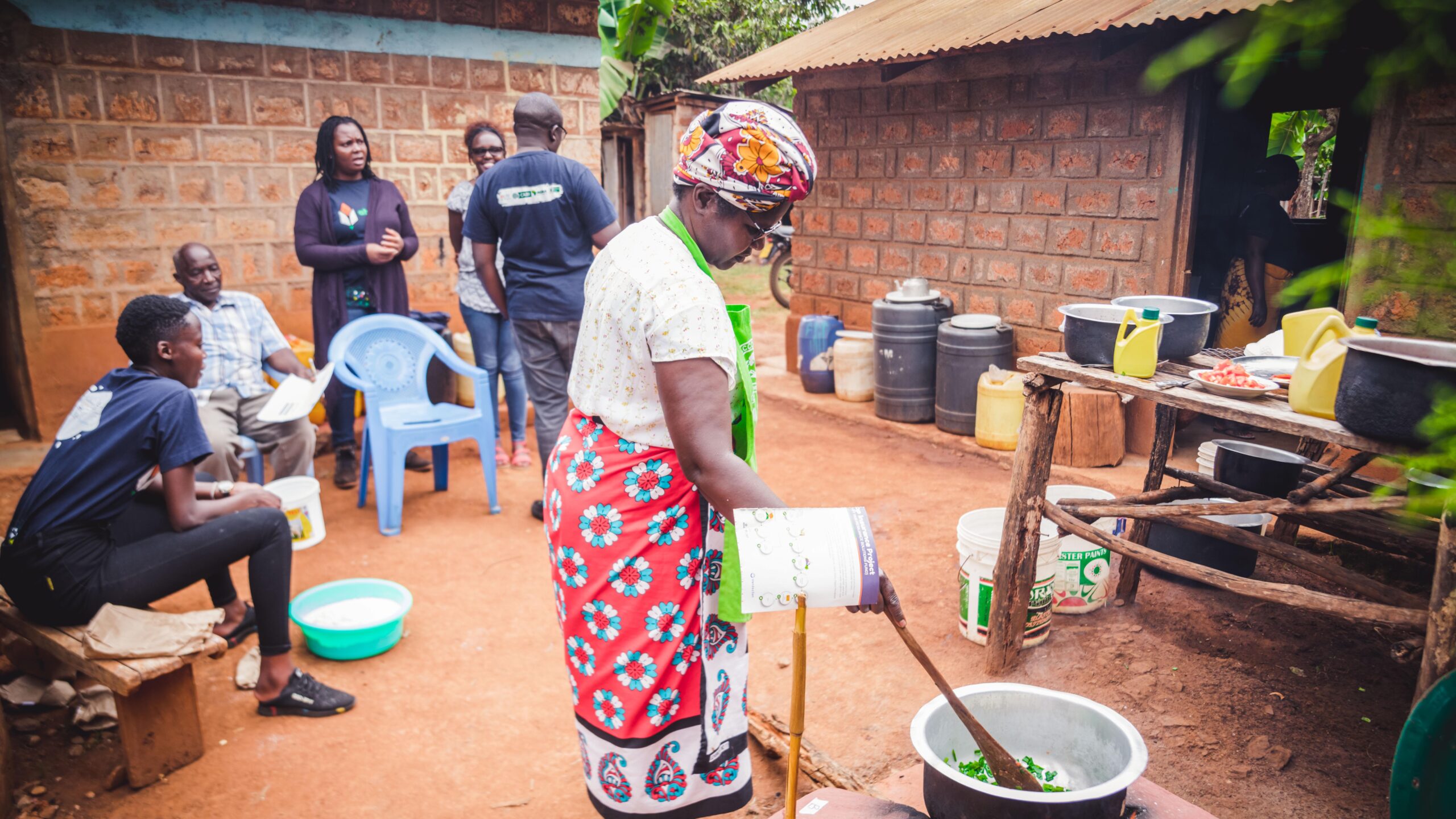In recent years, many governments, civil society organizations, research groups, and intergovernmental agencies have sought ways to scale up effective actions for better nutrition. Research suggests that such efforts are successful if all the different groups work together in support of sound national policies, the implementation of effective interventions, and sector programs that are sensitive to the determinants of malnutrition.
A book called The Road to Good Nutrition: A Global Perspective takes a step in that direction by bringing together experts across the different communities to address the question of how to improve the nutritional status of the world’s population. From stunting to food insecurity, from hidden hunger to obesity, the book puts the topic of nutrition security on the global agenda.
Three IFPRI researchers contributed chapters—on the best window of time for nutrition interventions, the economic impacts of undernutrition, and the role of strong governance. Marie Ruel, John Hoddinott and Stuart Gillespie from IFPRI’s Poverty, Health, and Nutrition Division also attended the book’s recent launch event at the 20th International Congress of Nutrition in Granada, Spain.
In her chapter, Ruel explains that infants, young children, pregnant and breastfeeding women are especially vulnerable to undernutrition. For this reason, nutrition interventions must focus on the critical ‘first 1,000 days’ window of opportunity— from conception to a child’s second birthday.
In his chapter, Hoddinott says that in addition to its substantial human costs, undernutrition has lifelong economic consequences. He argues, however, that there are feasible solutions to many dimensions of undernutrition, and that fighting undernutrition has considerable economic benefits – most notably in terms of improving schooling, cognitive skills and economic productivity.
Finally, Gillespie says that progress in reducing undernutrition cannot be sustained where governance systems are weak or absent, so strong leadership—in the form of ambassadors championing the political cause, as well as more mid-level, lateral leadership to facilitate intersectoral action—is fundamental to success.
Other chapter authors include former IFPRI Director General and current Director of the Center for Development Research (ZEF) Joachim von Braun and Tom Arnold, former CEO of Concern Worldwide and current Chairman of the Convention on the Irish Constitution. The book, published by the global nutrition company DSM and the nutrition think tank Sight and Life, is part of their Vitamins in Motion campaign.







